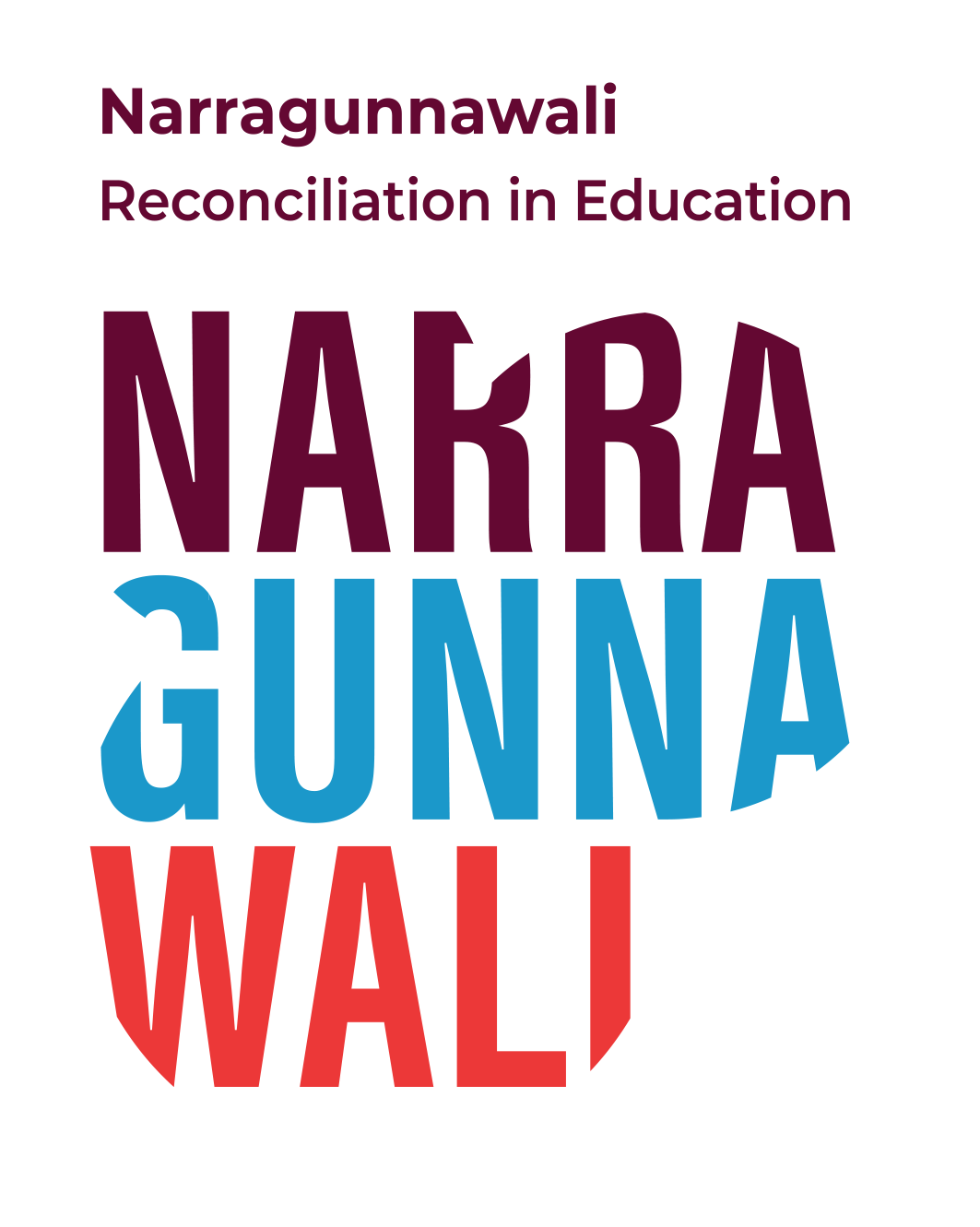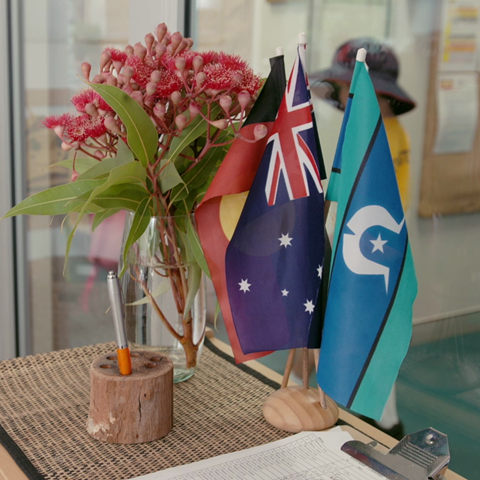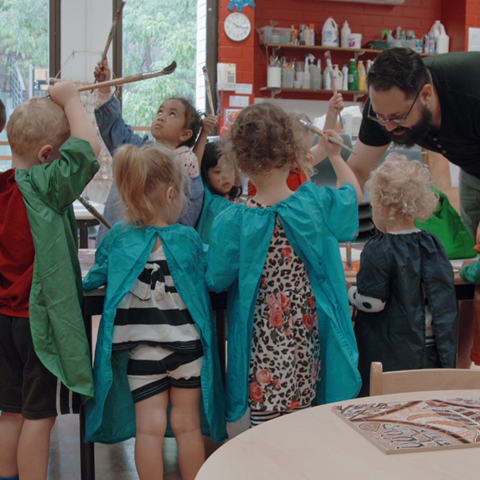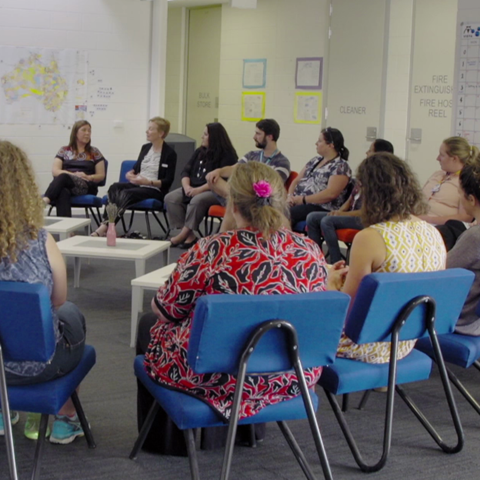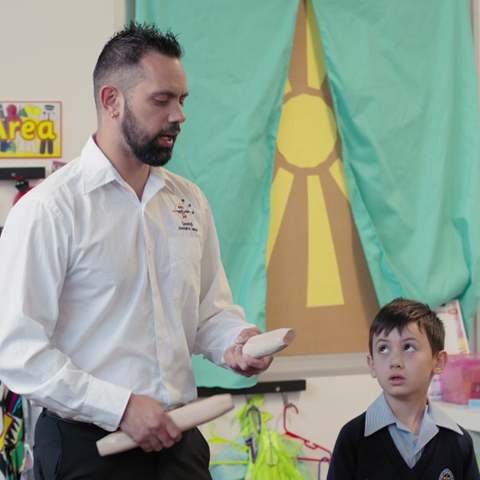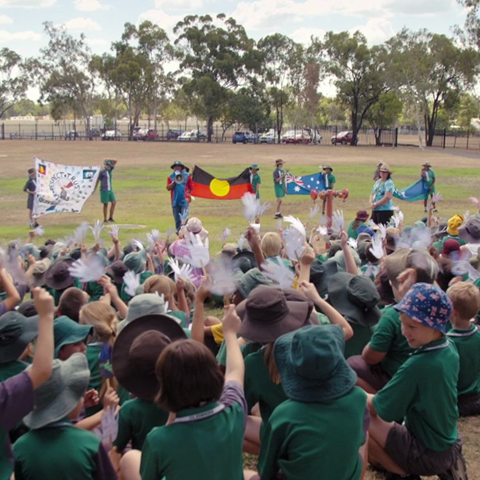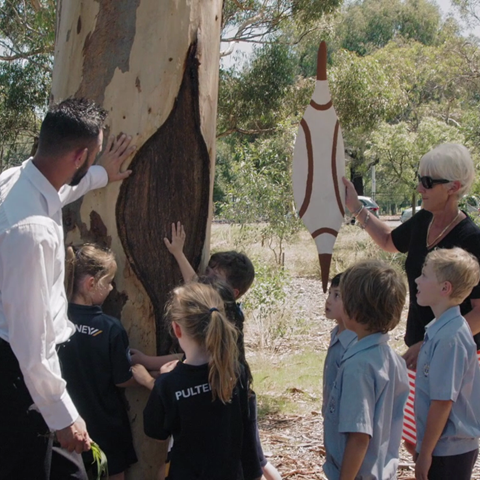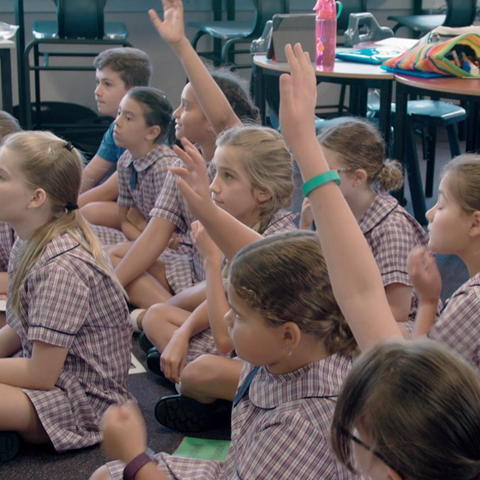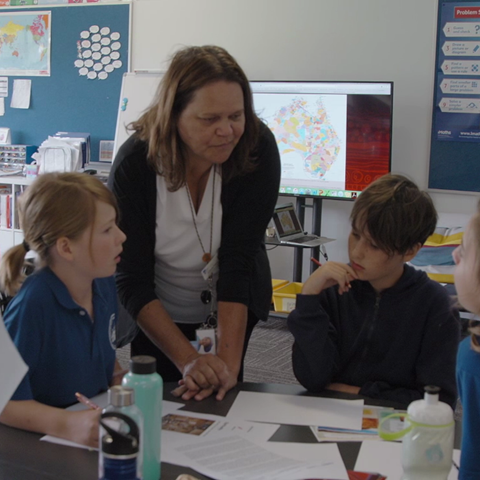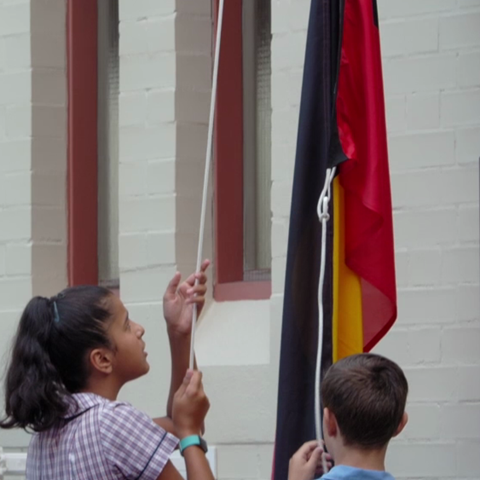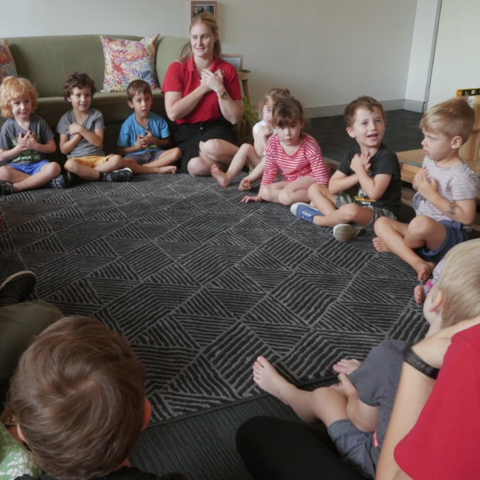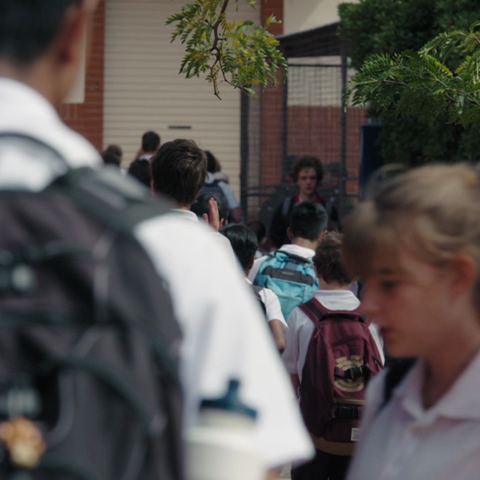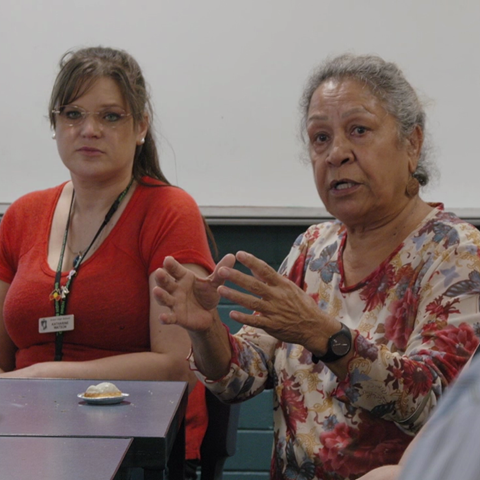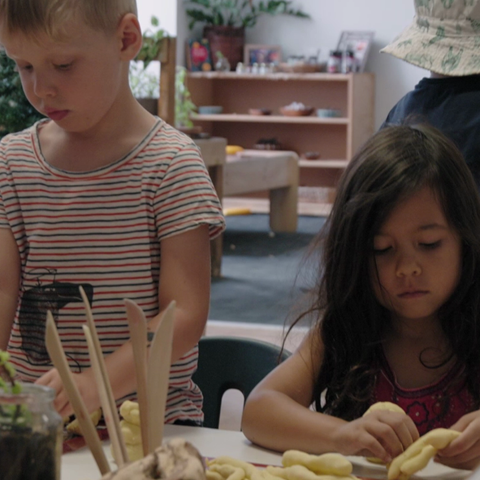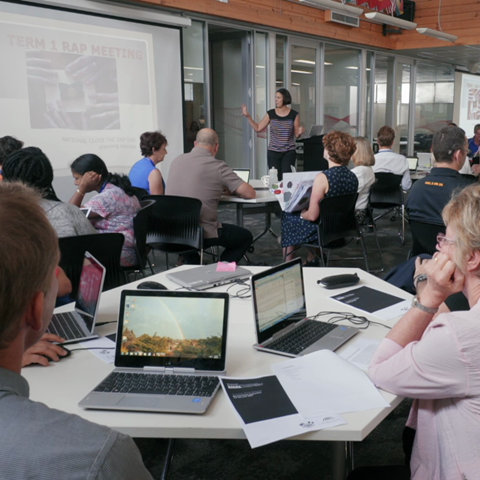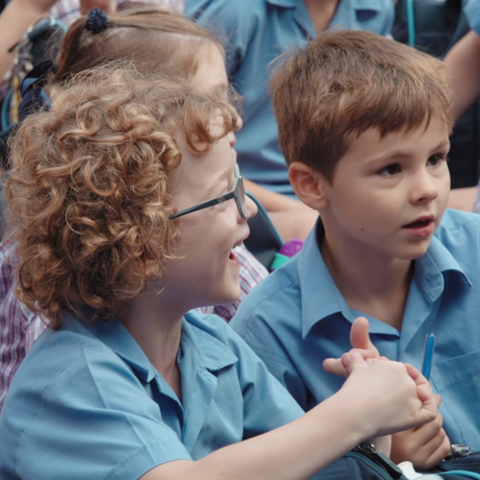Reconciliation Action Films Launched
Narragunnawali is excited to share a series of short films that we have produced to accompany the 14 required RAP Actions.
In these films you'll hear from school principals, early learning service directors, teachers, educators, students, parents and community members from across the country who share learnings and experiences about their reconciliation journey.
We hope the films help you to spark conversation and inspire action at your school or early learning service — follow the links below!

A Reconciliation Action Plan (RAP) is a formal statement of commitment to reconciliation. A school or early learning service can develop a RAP using the Narragunnawali platform to register existing initiatives or to begin a new journey.
Having Aboriginal and Torres Strait Islander people and perspectives in classrooms is vital when teaching about Aboriginal and Torres Strait Islander histories and cultures.
Schools and early learning services should provide opportunities for staff to build and extend their knowledge and understanding of Aboriginal and Torres Strait Islander cultures. Cultural competence also requires individuals to critically reflect on their own cultural identities, values and beliefs in order to develop a better understanding of how we relate with each other.
Protocols for welcoming visitors to Country have been a part of Aboriginal and Torres Strait Islander cultures for thousands of years. Incorporating these protocols into formal events and important occasions at a school or early learning service recognises Aboriginal and Torres Strait Islander peoples as the First Australians and custodians of their land.
Celebrate National Reconciliation Week (NRW) from 27 May to 3 June each year. NRW is a time to celebrate and build on the respectful relationships shared by Aboriginal and Torres Strait Islander people and the wider community. Talk about reconciliation in the classroom and staffroom, and host events and activities for everyone in your school or early learning service community.
It is important for schools and early learning services to build relationships with their local Aboriginal and Torres Strait Islander communities that are founded on mutual respect, trust and inclusiveness. These relationships help to create opportunities for Aboriginal and Torres Strait Islander and non-Indigenous staff, students, children and community members.
Having an understanding of the concept, history and progress of reconciliation is an important part of continuing the reconciliation journey. This understanding also helps to strengthen engagement with your school or early learning service’s RAP by positioning it within the broader story of reconciliation in Australia.
Raise awareness of current affairs and issues in the public domain that are of particular significance to Aboriginal and Torres Strait Islander peoples and the process of reconciliation.
Fly or display the Aboriginal and Torres Strait Islander flag at your school or early learning service to demonstrate your pride and respect for the histories, cultures and contributions of Australia’s First Peoples. Flying or displaying the flags promotes a sense of community partnership and a commitment toward reconciliation.
Develop understanding of what it means to acknowledge Country, and provide everyone the opportunity to do so at meetings and events throughout the year.
Racism has serious negative physical and psychological consequences for the people who experience it, and for wider society. Understanding racism is an essential first step in overcoming it. Schools and early learning services can take action to counter racism by building awareness of racism, its impacts, and how to respond effectively to racism.
Embedding Aboriginal and Torres Strait Islander histories and cultures in curriculum planning, development and evaluation processes should be a key and ongoing consideration across all year levels and learning areas.
Ensure policies are inclusive of Aboriginal and Torres Strait Islander people and aim to increase knowledge of Aboriginal and Torres Strait Islander histories and cultures.
Commitment to the RAP from all staff is essential for developing a RAP that is implemented in a meaningful and sustainable way. Encourage staff to be involved in the ongoing development and implementation of your RAP through staff development opportunities facilitated by the RAP Working Group.
Celebrate RAP progress in the school or early learning service and throughout the community. Celebrating the progress of your RAP requires reflection on how far you’ve come and can generate new ideas about developing and sustaining your RAP into the future.

A big thank you to Larissa Behrendt (Director), CAAMA Productions and each of the schools and early learning services for sharing their stories.
Enjoy!
The Narragunnawali team
